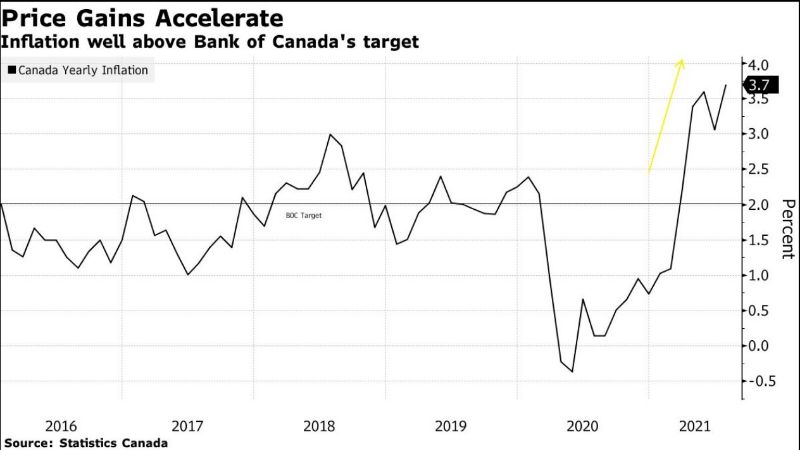This is a question we hear all the time when working with our buyers. Knowing the difference between the two can save you a lot of money in the long run.
With bi-weekly and bi-monthly (or semi-monthly) payment plans, you divide your normal monthly payment in half. The sole difference is when you make that payment. It’s very important to note that the prefix “bi” is used differently in each plan.
Bi-weekly mortgage payments occur every other week on a specific day of the week (e.g. Fridays). Bi-monthly mortgage payments occur twice monthly (not every two months) on two specific days of each month.
To put simply, accelerate bi-weekly works one extra month worth of payments into what you pay over the year. There are 52 weeks and 12 months in a year.
If you make a payment every two weeks—a bi-weekly mortgage—divide 52 by two. This equals 26 payments a year. If you make two payments a month—a bi-monthly mortgage—multiply 12 by two. This equals 24 payments a year.
Now, let’s calculate the overall savings
If for example, your monthly mortgage payment in Vancouver was $1,500 you would make a total yearly payment of $18,000 (1,500 x 12 months). By dividing the $1,500 by four you would have a weekly payment of $375 and thus pay a total yearly amount of $19,500 (375 x 52 weeks).
Similarly, by dividing the $1,500 by two you would have a bi-weekly payment of $750 and again pay a total yearly amount of $19,500 (750 x 26 bi-weekly pay periods). You can see from this example that both alternate payment methods result in an additional $1,500 (19,500- 18,000) being applied to your mortgage each year which comes directly off the principal interest.
These accelerated payments can reduce a 25-year mortgage amortization down to approximately 21 years and save you up to $40,000 in interest at the end of your mortgage.
Some lenders will collect your bi-weekly payments and make the monthly payments as normal, saving the rest in another account. At the end of the year, they apply the extra payment. Just be sure to not pay anything extra to set up a bi-weekly payment plan, and plan accordingly for a more frequent mortgage payment.


